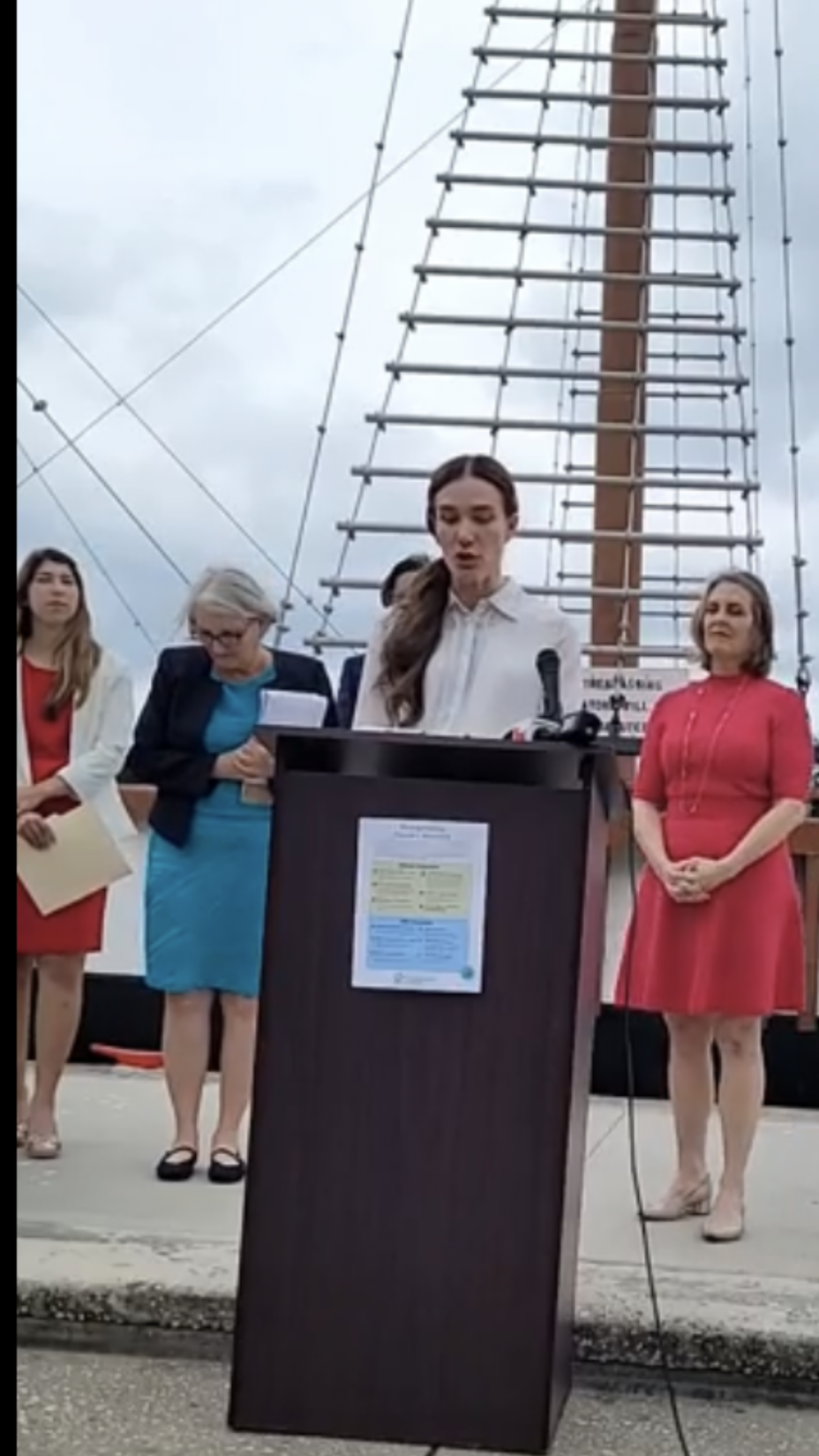Common physical disabilities like cerebral palsy are sometimes featured in children’s books, but it is even more rare to find other physical disabilities in books. So here are some middle-grade books featuring protagonists with physical disabilities:
1.“Insignificant Events In The Life of A Cactus” by Dusti Bowling
Aven Green loves to tell people that she lost her arms in an alligator wrestling match, or a wildfire in Tanzania, but the truth is she was born without them. And when her parents take a job running Stagecoach Pass, a rundown western theme park in Arizona, Aven moves with them across the country knowing that she’ll have to answer the question over and over again. Her new life takes an unexpected turn when she bonds with Connor, a classmate who also feels isolated because of his own disability, and they discover a room at Stagecoach Pass that holds bigger secrets than Aven ever could have imagined. It’s hard to solve a mystery, help a friend, and face your worst fears. But Aven’s about to discover she can do it all . . . even without arms.
2.”Monumentous Events In The Life of A Cactus” by Dusti Bowling
The sequel to the critically acclaimed “Insignificant Events in the Life of a Cactus” follows Aven Green as she confronts yet another challenge: high school. Just as Aven starts to feel comfortable in Stagecoach Pass, with her friends and schoolmates accustomed to her lack of “armage,” everything changes once again. She’s about to begin high school . . . with 2,300 new kids to stare at her. And no matter how much Aven tries to play it cool, nothing prepares her for the reality. In a year filled with confusion, humiliation, fears, loss, and just maybe love, can Aven manage to stay true to herself?
3.”The Chance To Fly” by Ali Stroker
Thirteen-year-old Nat Beacon loves a lot of things: her dog Warbucks, her best friend Chloe, and competing on her wheelchair racing team, the Zoomers, to name a few. But there’s one thing she’s absolutely OBSESSED with: MUSICALS! From Hamilton to Les Mis, there’s not a cast album she hasn’t memorized and belted along to. She’s never actually been in a musical though, or even seen an actor who uses a wheelchair for mobility on stage. Would someone like Nat ever get cast? But when Nat’s family moves from California to New Jersey, Nat stumbles upon auditions for a kids’ production of Wicked, one of her favorite musicals ever! And she gets into the ensemble! The other cast members are super cool and inclusive (well, most of them)—especially Malik, the male lead and cutest boy Nat’s ever seen. But when things go awry a week before opening night, will Nat be able to cast her fears and insecurities aside and “Defy Gravity” in every sense of the song title?
4.”Pixie Pushes On” by Tamara Bundy
A young girl learns bittersweet life lessons on the family farm after her sister gets polio, in this poignant and funny novel set in the heartland in the 1940s. Pixie's defenses are up, and it's no wonder. She's been uprooted, the chickens seem to have it in for her, and now her beloved sister, Charlotte, has been stricken with polio and whisked away into quarantine. So it's not surprising Pixie lashes out. But her habit of making snap judgements—and giving her classmates nicknames like "Rotten Ricky" and "Big-Mouth Berta"—hasn't won her any friends. At least life on the farm is getting better with the delivery of its newest resident--a runt baby lamb. Raising Buster takes patience and understanding—and this slowing down helps Pixie put things in better perspective. So too does paying attention to her neighbors, and finding that with the war on she's not the only one missing someone. As Pixie pushes past her own pain to become a bigger person, she's finally able to make friends; and to laugh about the fact that it is in places where she least expected it.
5.”The War That Saved My Life” by Kimberly Brubaker Bradley
Ten-year-old Ada has never left her one-room apartment. Her mother is too humiliated by Ada’s twisted foot to let her outside. So when her little brother Jamie is shipped out of London to escape the war, Ada doesn’t waste a minute—she sneaks out to join him. So begins a new adventure of Ada, and for Susan Smith, the woman who is forced to take the two kids in. As Ada teaches herself to ride a pony, learns to read, and watches for German spies, she begins to trust Susan—and Susan begins to love Ada and Jamie. But in the end, will their bond be enough to hold them together through wartime? Or will Ada and her brother fall back into the cruel hands of their mother?
6.”The Meaning of Maggie” by Megan Jean Sovern
Eleven years old. The beginning of everything! For Maggie Mayfield, turning eleven means she's one year closer to college. One year closer to voting. And one year closer to getting a tattoo. It's time for her to pull herself up by her bootstraps (the family motto) and think about more than after school snacks and why her older sisters are too hot for their own good. Because something mysterious is going on with her cool dude Dad, whose legs have permanently fallen asleep, and Maggie is going to find out exactly what the problem is and fix it. After all, nothing's impossible when you're future president of the United States of America, fifth grade science fair champion, and a shareholder in Coca-Cola, right?
7.”Braced” by Alyson Gerber
Rachel Brooks is excited for the new school year. She's finally earned a place as a forward on her soccer team. Her best friends make everything fun. And she really likes Tate, and she's pretty sure he likes her back. After one last appointment with her scoliosis doctor, this will be her best year yet. Then the doctor delivers some terrible news: The sideways curve in Rachel's spine has gotten worse, and she needs to wear a back brace twenty-three hours a day. The brace wraps her in hard plastic from shoulder blades to hips. It changes how her clothes fit, how she kicks a ball, and how everyone sees her -- even her friends and Tate. But as Rachel confronts all the challenges the brace presents, the biggest change of all may lie in how she sees herself.
8.”Short” by Holly Goldberg Sloan
Julia is very short for her age, but by the end of the summer run of The Wizard of Oz, she'll realize how big she is inside, where it counts. She hasn't ever thought of herself as a performer, but when the wonderful director of Oz casts her as a Munchkin, she begins to see herself in a new way. As Julia becomes friendly with the poised and wise Olive - one of the adults with dwarfism who've joined the production's motley crew of Munchkins - and with her deeply artistic neighbor, Mrs. Chang, Julia's own sense of self as an artist grows. Soon, she doesn't want to fade into the background and it's a good thing, because her director has more big plans for Julia!
9. “Freak The Mighty” by Rodman Philbrick
Two boys—a slow learner stuck in the body of a teenage giant and a tiny Einstein in leg braces—forge a unique friendship when they pair up to create one formidable human force. A wonderful story of triumph over imperfection, shame, and loss.
📚 Happy reading!
#themightyreaders #LimbDifference #SpinalCordInjury #Polio #Paralysis #MultipleSclerosis #Clubfoot #Scoliosis #Dwarfism #MorquioSyndrome



